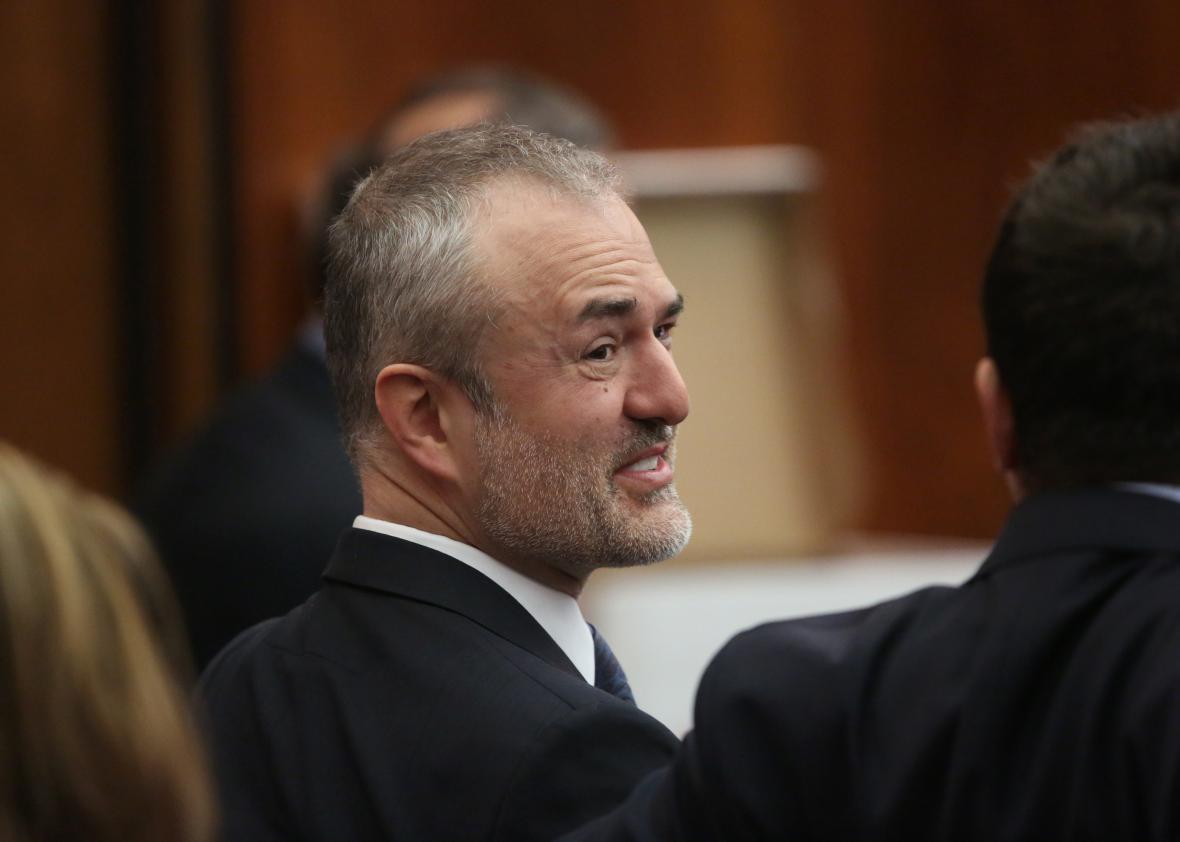Gawker Media is being sold and is seeking Chapter 11 protection, the Wall Street Journal and many other news outlets reported on Friday. The media company—which has been under heavy financial pressure since Hulk Hogan won a $140 million judgment in a civil lawsuit over Gawker’s decision to publish a portion of his sex tape—is filing for bankruptcy in New York’s Southern District.
On Friday, a Florida judge had granted Gawker’s request to stay the judgment against Nick Denton’s publishing group pending an appeal, with the condition that stock from the company be used as security. But the company could not meet those conditions, the New York Times reported, so the stay was denied, forcing the Chapter 11 decision.
The news comes two weeks after tech billionaire and PayPal founder Peter Thiel acknowledged that he was financing Hogan’s lawsuit and other cases against the company. In an interview with the New York Times back in May, Thiel said, “It’s not for me to decide what happens to Gawker. If America rallies around Gawker and decides we want more people to be outed and more sex tapes to be posted without consent, then they will find a way to save Gawker, and I can’t stop it.” Gawker’s Valleywag blog outed Thiel as gay nine years ago.
As Huffington Post’s Ethan Klapper reported, the news doesn’t mean the site will shut down, as Chapter 11 “allows for a court-sanctioned restructuring.” Politico is reporting that the bankruptcy filing has “trigger[ed] a bankruptcy auction,” and that “Ziff Davis, the owner of PC Mag, has agreed to an opening bid in the $90 million to $100 million range and other bids are expected.”
Denton, a former Financial Times reporter, founded Gawker in 2003. In an interview with NPR on Thursday, he spoke about the company’s history and Thiel’s fight against it.
We prided ourselves on creating a workplace, an environment, in which journalists can be free—free to write stories that are true and that are interesting, and with that kind of freedom comes a certain amount of risk.
…
It’s harder now for journalists to do stories about billionaires, like Peter Thiel, without having at the back of their minds the fear that maybe somebody deep-pocketed, you know, with limitless resources is going to come after us and can my organization afford to defend me?
In addition to its namesake Gawker blog, the media company also publishes the sites Jezebel, Deadspin, and Kotaku, among others.
Update, June 10, 2016, 2:08 p.m.: This post originally excerpted NPR’s transcript of the interview, which quotes Nick Denton as describing “somebody … with limited resources.” In the interview, Denton said “limitless resources.”
